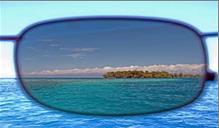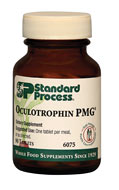Common Myths about Sunglasses
That Can Hurt You
That Can Hurt You

Just as a natural, non-toxic sunscreen can be beneficial when you're going to be exposed to excessive amounts of sunlight, sunglasses, too, have their place. If you're downhill skiing or out on the water, sunglasses can help to shield your eyes from sun damage, however, I don't personally wear them for many occasions other than this.
That said, too much sun can potentially damage the skin around your eyes, your lens and increase your risk of cataracts. Just like your skin, your eyes are susceptible to damage from too much sun exposure. The skin around your eyes, including your eyelids, is among the thinnest and most sensitive on your body, making it particularly vulnerable to wrinkling and age spots from excessive exposure to ultraviolet (UV) rays. However, even your eyes themselves can be damaged by too much sun:
The white of your eye
Sun damage may cause the conjunctiva, the thin membrane covering the white of your eye, to thicken and become irritated and inflamed. If the conjunctiva thickens and grows over your cornea it can interfere with your vision.
Retina
If the macula, a part of your retina, deteriorates, it can lead to macular degeneration, a leading cause of blindness. There is some evidence of a link between macular degeneration and exposure to UV light. Astaxanthin is also useful here, as it has been shown to prevent and treat age-related macular degeneration.
Iris
If you have blue eyes, you may be more susceptible to UV-induced eye damage, including macular degeneration.
Lens
UV light may lead to the development of certain types of cataracts, which is a cloudiness on the lens of your eye that can also interfere with your vision.
Cornea
Your cornea can become acutely sunburned, causing serious pain and temporary blindness. Chronic excessive exposure can lead to cataracts, especially if you have a poor diet with low antioxidants.
why I rarely wear sunglasses











